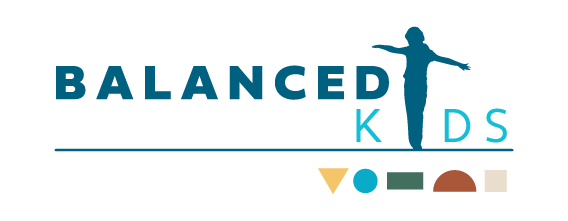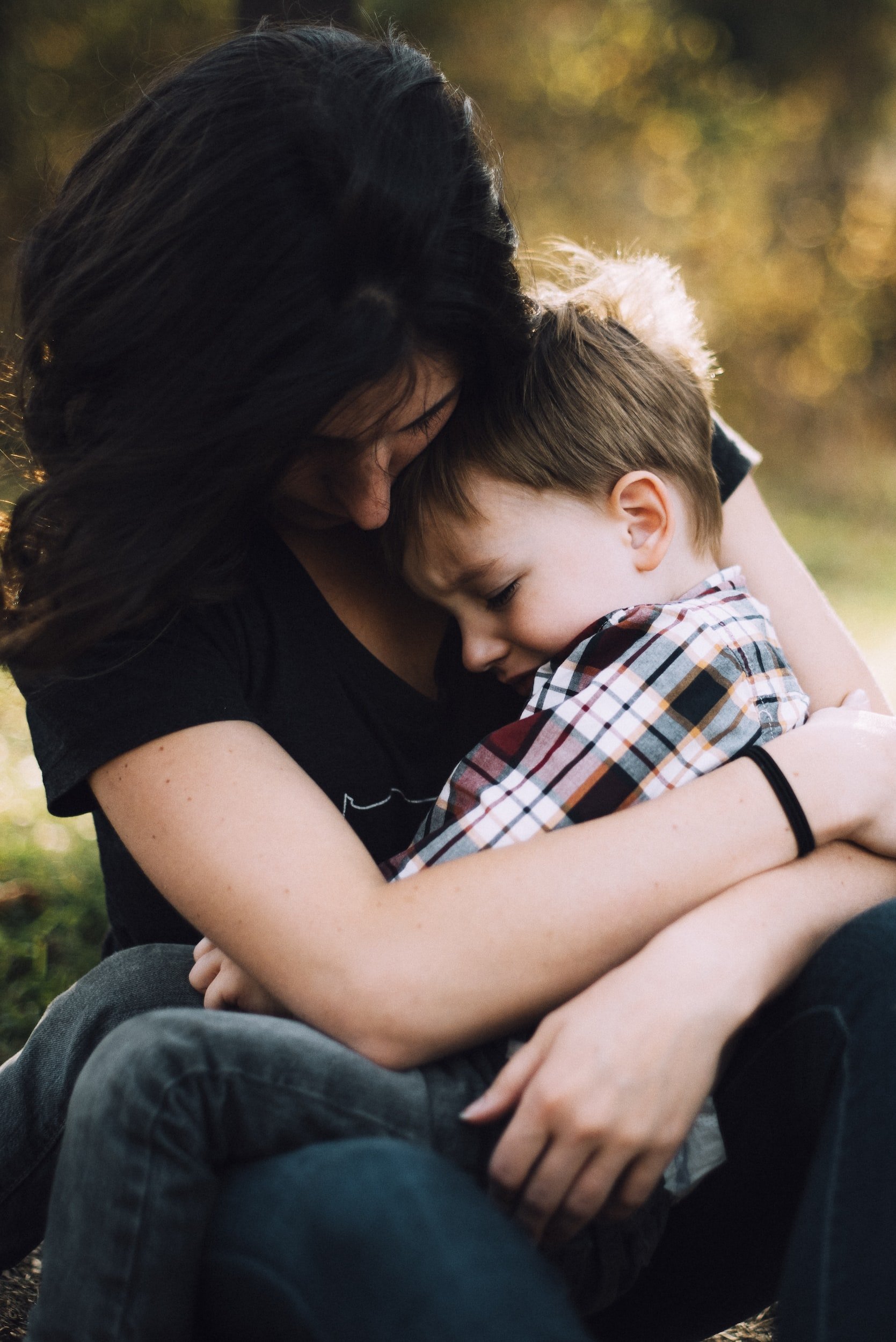How to Talk About Death & Grief With My Kids
A couple of months ago, I sat on the floor of my children’s bedroom while they cried. One of their grandparents had been sick for over a year but the time had finally come for us to discuss where this was all going.
They asked questions and wanted to know how I was so sure that death was coming. They cried, they felt sad. It broke my heart, but I also knew better than to hide it from them, hoping to protect them from feeling these feelings. Death is a fact of life and I have to support my children in learning how to navigate grief.
They had already lost one grandparent before they were born. Our daughter barely knows this grandparent, as she was not even two years old the last time they were together. So, to be honest, I wasn’t prepared for the outpouring of grief
I wasn’t prepared for the questions that would come. I wasn’t prepared for the feelings they would bring up in me.
We were driving to soccer practice and from the backseat, my 8-year-old asked me “Mommy, does it hurt to die?”...and that hit me hard. It was the way he said it, out of the blue, so calm and matter of fact.
I navigate difficult conversations like this for a living and have experience with tough conversations like this with other kids, but I truly wasn’t prepared for the question. I hadn’t even considered it that much myself before! My brain had a thousand thoughts as I tried to figure out what to say. Do I assure him his grandparent wasn’t in any pain – which wasn’t necessarily true?
I explained that it can hurt to die, depending on what leads to someone’s death. I asked if he wanted to know more? He asked if his grandparent was in pain. We discussed that the doctors gave him medicine to help with the pain and that the nurses were taking good care of him to help him stay comfortable. Then, in true 8 year old boy fashion he proceeded to list all of the painful ways someone could die… “Like, if you get hit by a car or like get a leg cut off? Those would hurt, right?”
“Yes, those would hurt.”
When I have these heavier conversations with my kids, I try to say one or two short things and then let them respond. It’s important to let them lead. They will tell you what information they need. Our kids are incredibly intuitive, especially in those early years when they have less inhibitions and no filter.
Sometimes my son will ask a question and I will say that the answer may be a bit scary. Then I ask if he wants me to explain. Sometimes he says yes, sometimes he says no, or he changes the question so the response does not require details.
The questions come and go in waves. You can tell it’s an undercurrent. A few weeks ago at Hebrew school, our son drew hearts on his paper and said the smaller ones on the edges were his ancestors, and the big heart in the middle was the universe and the people who aren’t dead. The activity had nothing to do with death, but FAMILY is a big theme for him.
Our four year old now says she doesn’t think her grandparent will get better. They speak about death matter of factly but you can tell by their play and their questions that it is on their minds.
Death is a hard concept for all of us, it makes us face our own mortality. You and your kids will both have big feelings around it at different points, and it’s important to understand that grief is not linear. It will hit in waves, it will move at its own pace; it will be confusing, it will be complicated, it will be hard. Despite it all, It's important to keep the lines of communication open.
Sometimes we miss out on critical conversations with our kids because we aren’t asking the right questions. Don’t shy away from hard conversations, let your kids know it's ok to wonder, to ask and to feel. It’s also ok for you as an adult to not have all the answers or be unsure of how to respond, and to share that uncertainty with your child.
Remember that you won't handle every moment perfectly. You’ll replay the conversations in your head and think of how you could have reacted differently. What is most important is that you keep showing up, keep loving and listening to your kid. You are all they need.


